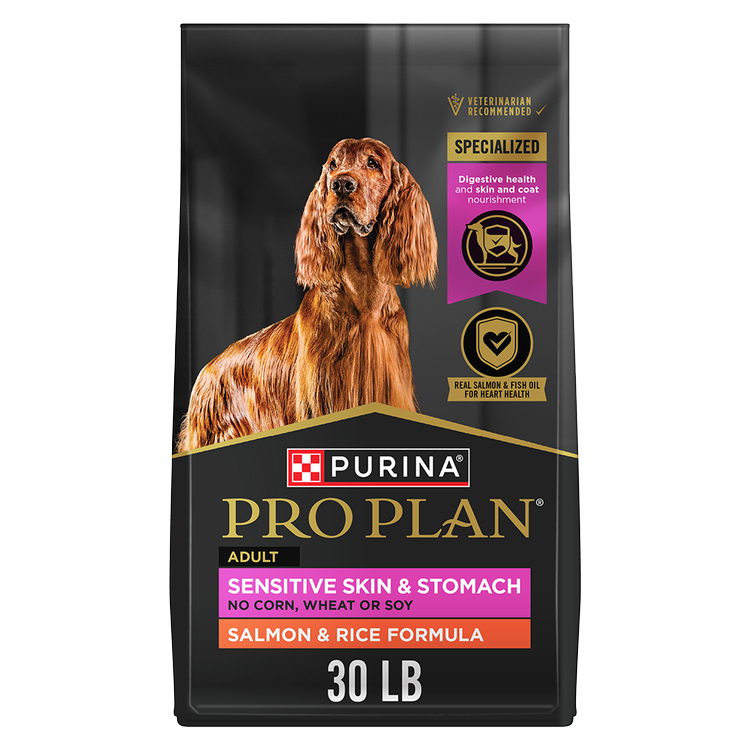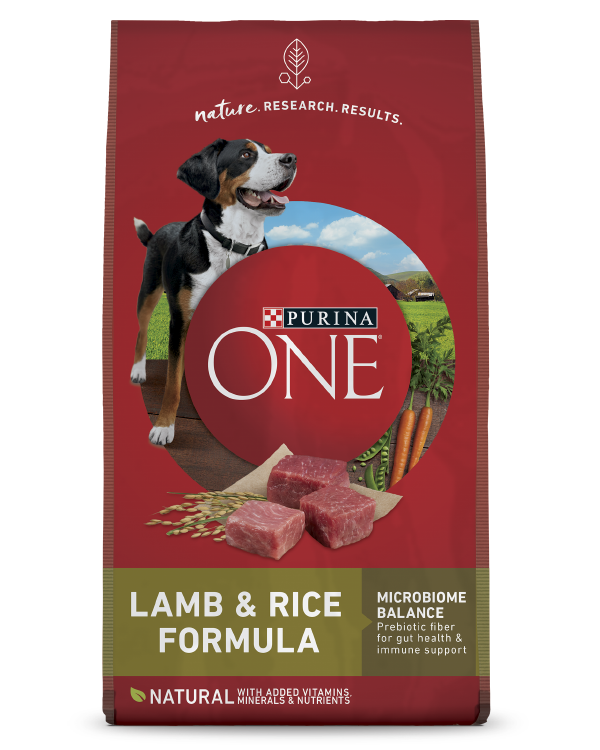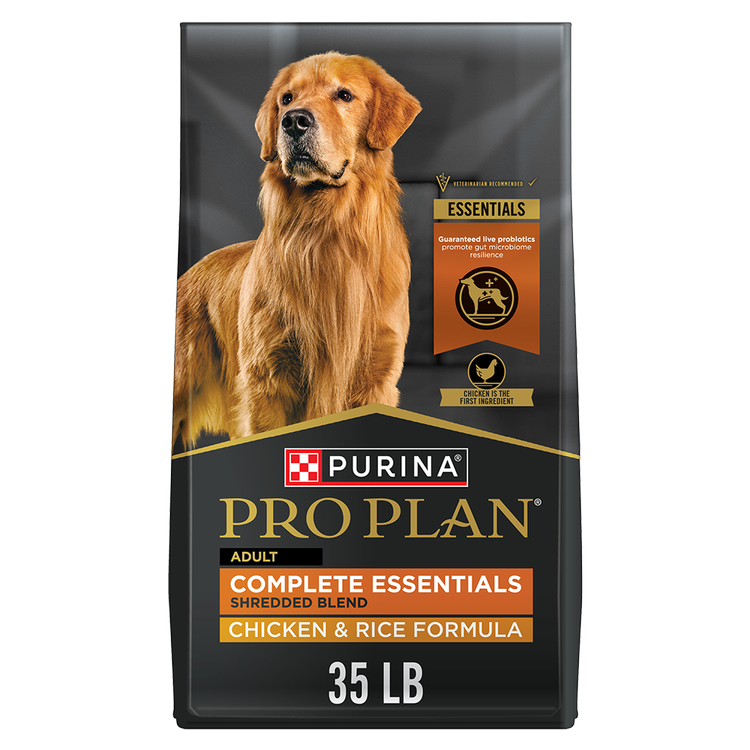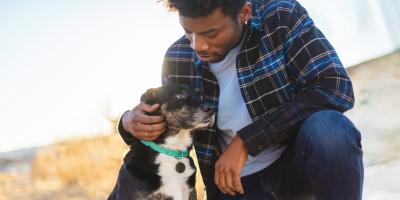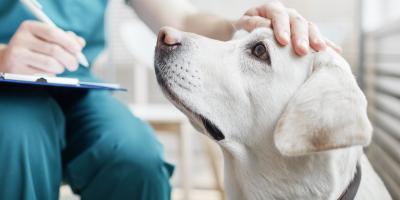Why Does Your Dog Throw Up After Eating But Act Normal?


If your dog throws up after eating, it’s tempting to assume they’re sick. If it’s an isolated incident, though, the situation may not be as urgent as it seems.
While you should take it seriously and contact your veterinarian if you’re concerned, vomiting after a meal isn’t necessarily a cause for alarm.
Often, there are factors at play that are temporary or non-life-threatening. This could be why their behavior is otherwise normal.
It’s also possible that rather than throwing up, they’re regurgitating their food.
Let’s take a look at why canines throw up after ingesting dog food, the differences between vomiting and regurgitation, and tips for providing care for your pet.
Why Your Dog Throws Up After Eating
There could be several reasons why your dog is vomiting after eating. To pinpoint the cause, it helps to first consider their overall health, behavior and diet.
- Have they been diagnosed with an illness by your veterinarian? Vomiting is a symptom of different conditions, infections and diseases.
- Has their general demeanor changed recently? Throwing up could be related to other atypical behaviors.
- How about their eating habits? If they’ve tried new foods or tend to munch on scraps wherever they go, it could explain why they vomit.
Dog Vomiting After Eating – Possible Causes
As you consider your pet’s general health and diet, here are some common reasons why dogs throw up after eating.
Digestive System Problems
If your canine companion is experiencing digestive system problems, eating may lead to vomiting.
A disturbance to the gastrointestinal (GI) tract can impair your pet’s ability to digest and absorb nutrients.
If you think this is the problem, contact your veterinarian. The digestive system is complex, containing everything from the mouth and esophagus to the liver and pancreas. They’ll need to examine your pet to determine the cause and rule out serious medical conditions.
The good news is some digestive issues resolve themselves. Once your dog’s GI system settles down, they may return to their happy, healthy self.
Abrupt Change in Diet
Changing dog food should be done gradually. If you abruptly switch what your pet eats, their digestive system may suffer.
It’s recommended that you transition food over a 7- to 10-day period to give your pet’s body time to adjust.
Eating Too Quickly
Some dogs enthusiastically devour their food like it’s their last meal. The problem with eating this fast is, in some cases, their digestive system can’t keep up.
There may not be enough saliva to help break down the meal, and the intestines might be unable to process what’s rapidly passing through them.
Additionally, dogs swallow more air when they eat fast, which can cause bloating and cramping.
Anxiety
Sometimes eating too fast can be caused by anxiety.
In homes with multiple pets, it’s not unusual for canines to become territorial at meal time if they eat near each other. If they feel like their bowl of kibble is threatened, they might speed up the process.
Anxiety and fear can also cause general stomach upset, resulting in symptoms such as vomiting and diarrhea.
If your pet seems anxious, give them lots of love and reassurance and try to determine what’s making them feel nervous.
Food Allergies & Intolerances
While food allergies in dogs are rare, they can cause GI distress and potentially vomiting. Proteins such as beef and chicken are usually the culprit.
Food intolerances are more common. This means your pet has a sensitivity – but isn’t necessarily allergic to – certain ingredients.
If your dog keeps throwing up after eating and you suspect their food is to blame, talk with your veterinarian about your pet’s dietary options.
They’ve Eaten Grass
It’s possible dogs eat grass because they feel nauseous and want to induce vomiting. This is just a theory, however. There isn’t enough research to definitively conclude it’s true.
Other theories suggest dogs eat grass because of boredom or for its taste.
Why is My Dog Throwing Up Food Hours After Eating?
If your canine companion seems fine after eating but consistently vomits hours later, it’s possible they have a food intolerance.
Additionally, some dogs can be affected by gastrointestinal motility disorders that slow the transit of food through the intestines. Vomiting is a common symptom.
If your dog throws up food hours after eating on a regular basis, contact your veterinarian.
Regurgitation vs. Vomiting in Dogs
A dog throwing up undigested food may actually be regurgitating.
The difference between regurgitation and vomiting is that, with regurgitation, food is usually ejected from the esophagus before reaching the stomach.
Regurgitation is a passive expulsion of food or fluid without any nausea, salivation or retching. Recognizing the difference between vomiting and regurgitation can be essential in helping your pet.
If your dog regurgitates often, they might eat too quickly or have a condition known as canine megaesophagus.
How to Prevent Regurgitation in Dogs
If your dog chronically regurgitates their food after eating, talk to your veterinarian.
They can recommend the best course of action, such as feeding your pet smaller, more frequent meals of nutrient-dense food. This will help ensure your canine companion gets the nutrition they need.
What to Do if Your Dog Vomits After Eating
If your dog throws up after eating, here are some ways to provide care:
- Check the color and consistency. The type of dog vomit is important. Throw-up that contains foam may mean something different than vomit with blood that has a coffee ground-like texture.
- Check for other symptoms. Accompanying signs like diarrhea or lethargy could indicate an underlying medical condition.
- Monitor food and water temporarily. Reintroduce small portions of their regular food and water.
- Make sure the food is safe and healthy. If you’re serving new food, make sure it hasn’t expired and the package hasn’t been tampered with.
Remember, in many cases, your pet may vomit once and then feel fine. If it happens continuously within a 24-hour period or becomes an ongoing problem, however, contact your veterinarian.
Want more health tips for your dog? Check out our Pet Expertise page for guidance from our experts.

Reward Yourself with myPurina
Earn and redeem rewards for Purina products with the myPurina app.

